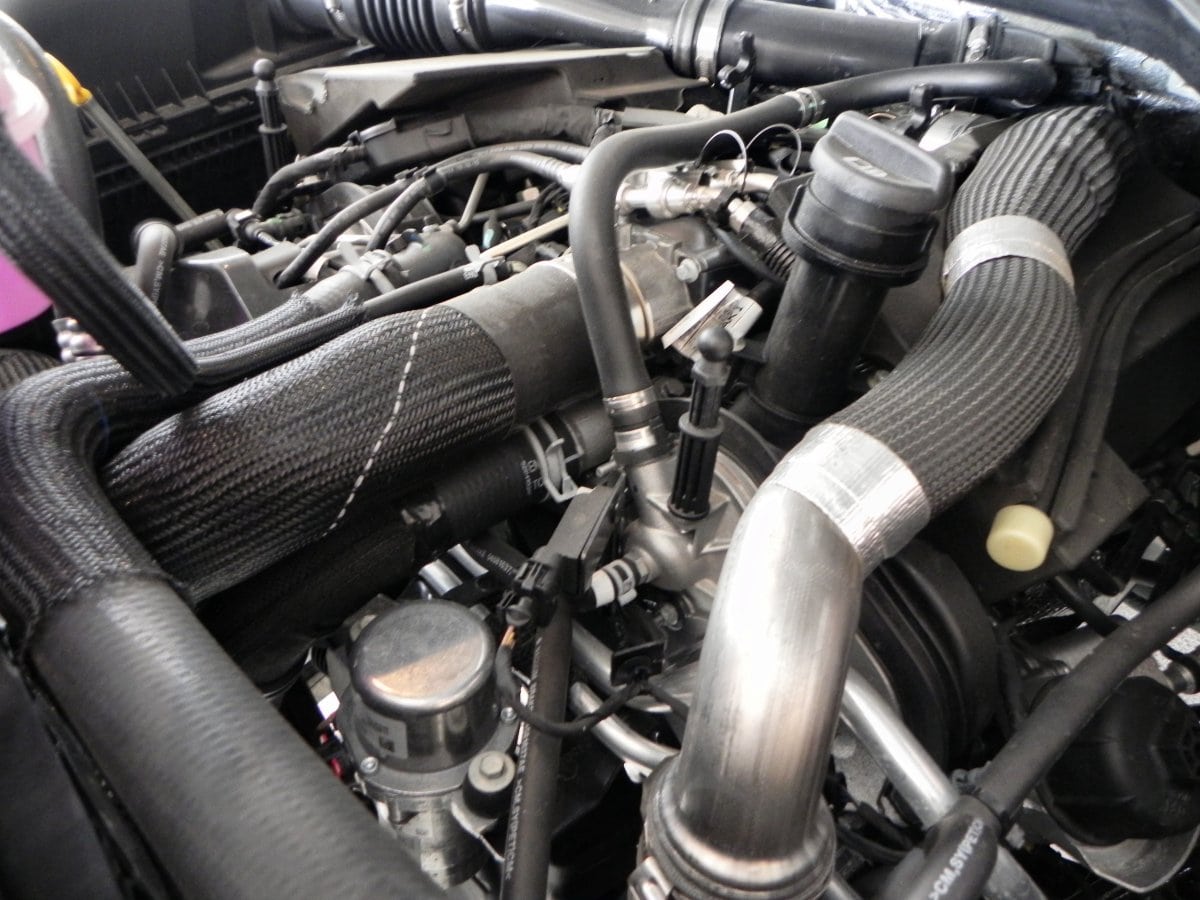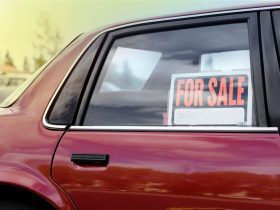Accidents are unpreventable. There are many reasons for accidents to happen, but the victims have in common that they were not prepared. No amount of preparation can completely prevent accidents, but it can help if you plan by checking your car’s condition at regular intervals. You don’t have to be a mechanic or an automotive engineer to know just some of the basic things that may need fixing in your car. Good eyes and common sense will do just fine, as long as you’re observant enough. Just some of these things can save your life one day. Here are eight things that you should regularly check in your car to avoid accidents.
1. Headlights & High/Low Beam
It may seem like something people don’t usually consider checking, but if one of your headlights is too dim or blinks off entirely while driving at night time, then it can cause dangerous problems for yourself and other drivers on the road. It’s recommended that you replace headlights every four years, but sometimes they can be faulty or dim at times, so it is vital to check them before getting behind the wheel again. You can get LED headlights at Xenons Online and change them yourself, or you can take your car to a mechanic and have it replaced. This way, you won’t have to worry about being stranded on a dark road.
2. Brakes System
It’s surprisingly common for drivers not to check the brakes before getting in their car. If you are using your vehicle daily, you must make sure your brakes are in good working order before you set out on your journey because if they fail when you need them most, it can be devastating. Your weekly inspections will hopefully prevent any emergencies but should something happen, don’t take risks because it only takes a second for an accident to happen. While suddenly stopping may seem like something straight out of an action movie, if one minute everything seems fine and then the next moment your brake pedal doesn’t have any pressure behind it at all, call a tow truck or auto mechanic so they can go over it.
3. Tread Depth/Traction On Tires
If you ignore the condition of your tires, you are putting yourself and everyone around you in danger. Worn-out tires can cause accidents by having poor traction on wet or snowy roads, so you mustn’t keep driving on them if your tread depth is getting low. You may still think they can get you from point A to point B, but the truth is that while some people believe they are good until a certain number of miles have been traveled on them, there isn’t a specific number that should be followed. If it has been a while since you’ve had a mechanic check them, then give them a call because, for all you know, your car could start riding rough if one pops without warning at 60 mph.
4. Windshield Wipers & Washer Fluid
During this time of year, rain and snow become more than just wet roads; unfortunately, they also become a huge factor in accidents. If your windshield wipers have been on the fritz, now is the time to replace them because of how dangerous driving with faulty wiper blades can be. Please don’t wait until it’s too late and you’re involved in an accident. Please do it now before things get worse and you end up having to deal with potentially life-altering damages or vehicle malfunctions that could increase your risk of getting into an accident like brake problems and tire blowouts.
5. Spark Plugs
Spark plugs are small but critical parts of your engine; they help make sure everything runs smoothly, and if one is working improperly or not at all, then it can cause damage to other aspects of your car as well. Driving with faulty spark plugs can be very dangerous, and it’s often hard to tell because by the time you feel like something is wrong, it might already be too late, and your car starts performing poorly or doesn’t start at all. Regular maintenance will help out tremendously in these circumstances; make sure that you go through the process every 10,000-15,000 miles to avoid any issues down the road.
6. Air Filter
Please don’t underestimate how powerful a clean air filter is because having one that isn’t doing its job could cause significant damage to your vehicle as well as harm your health. Be sure to check it every 10,000-15,000 miles, and if you notice there is no pressure when you push down on the gas pedal or if your car isn’t accelerating correctly anymore, then the chances are that there’s a problem with your air filter. Replacing it before taking your vehicle in for an oil change would be the best idea because when they do their job correctly, they prevent dirt and debris from getting into the proper areas of the engine, causing damage over time.
7. Belts & Hoses
Belts and hoses aren’t something we think about very often; most of us never do anything with them until there is a problem and they break. When you put gas in your car, make sure to check and see if any belts or hoses need replacing because when one snaps, the ones next to it could quickly follow suit if they haven’t been returned in a while. Always check these out before you get behind your vehicle since having them serviced regularly will ensure that no issues come up down the line, which could be devastating for your wallet and safety on the road.
8. Battery
The battery is similar to your car’s brakes; if something is wrong, you’ll know it immediately, which can be very dangerous. If your battery has seen better days, then don’t delay in getting it replaced because not only could driving with faulty brake lights be hazardous, but without power, you won’t have much luck starting up your vehicle again. Always check out the battery before you leave the house to ensure that everything is working correctly and that there aren’t any problems like leaks or corrosion.
Mechanics are essential, but it is equally important that you know what to check on your own. Suppose you notice something out of the ordinary while driving, pull over at the first available location, and get it looked at by a professional before you’re pulled over for not doing so. Use the tips in this article to make sure you’re doing everything in your power to keep yourself and others safe.







